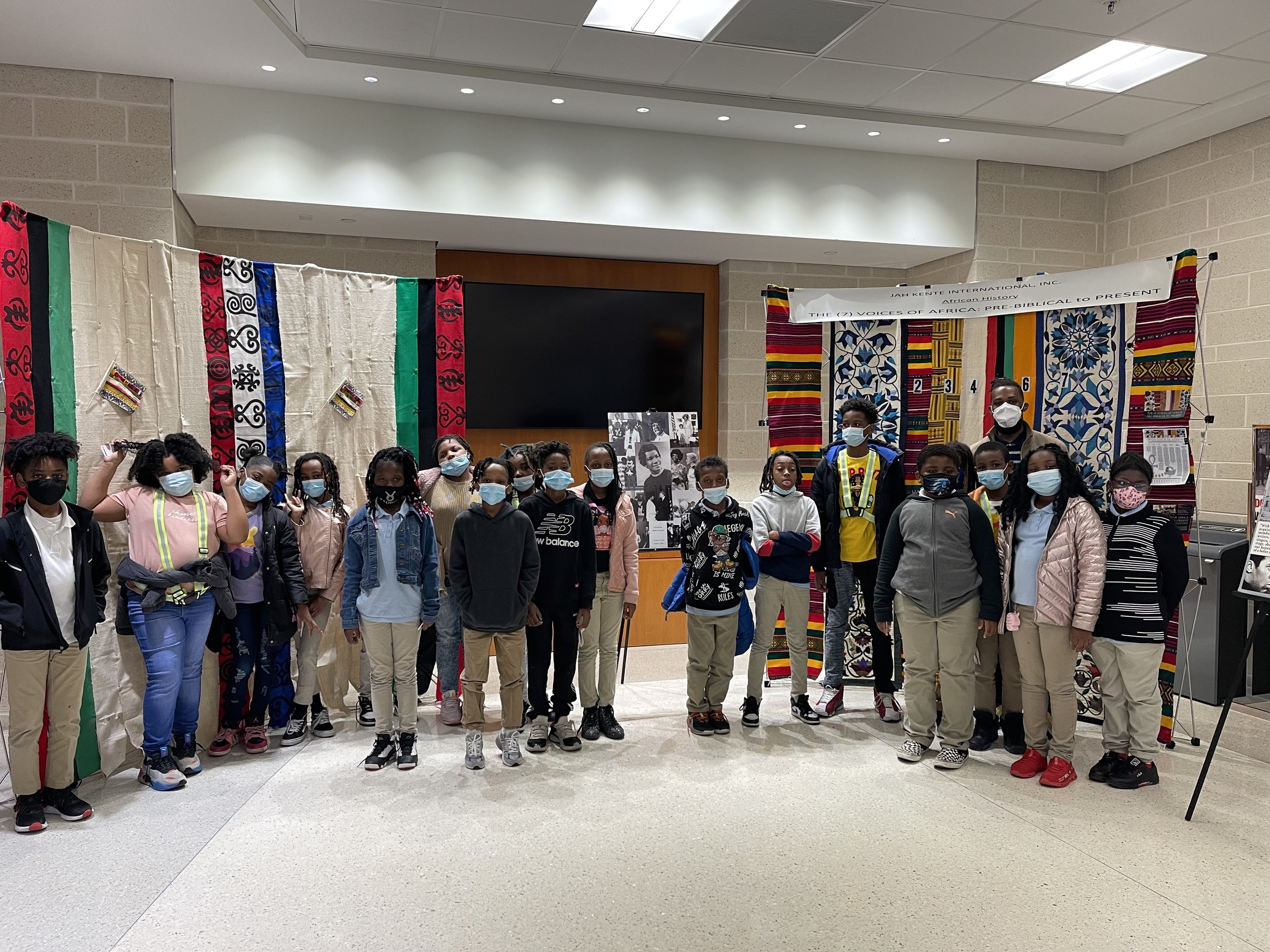Advancing the Promise of Brown v. Board: LaDan Wallace Johnson’s Fight for Educational Equity
By Minetre Martin
For LaDan Wallace Johnson, education has been more than a pathway to opportunity—it’s been a lifeline. Growing up in Topeka, Kansas, where the Brown v. Board of Education case began, LaDan’s early years were deeply connected to its legacy.
“I grew up in a smaller Midwestern city, which was the base of Brown v. Board of Education, so my background was unique, but I didn’t really know it until I left.”
The decision, which promised equal access to education for Black students, shaped the well-funded public schools LaDan attended. As a Black student in a predominantly white school system, he benefited from resources and representation that were a direct result of the fight for educational equity. “Growing up as a Black kid from a low-income background, I didn’t know it at the time, but my education was fully resourced, and representation was never lacking in the curriculum and materials taught,” he shares.
These experiences fueled his belief in education as a transformative tool—a belief rooted in the progress made by Brown v. Board but tempered by the understanding that the fight for equity was far from over. However, that belief was tested when LaDan attended a historically Black college and university (HBCU).
“I was sleeping on concrete floors with mold buildup and leaky plumbing growing up,” he recalls. “I had worked so hard to reach this milestone, expecting college to be a step toward a better life. Instead, I found myself in conditions no different from the struggles I thought I had left behind.”
The experience shattered the illusion of progress, forcing LaDan to confront how deeply inequities were embedded—even in spaces meant to uplift marginalized communities.
After over a decade as an educator in the Mississippi Delta and other under-resourced schools, LaDan shifted his focus to higher education, recognizing its potential to help students take ownership of their futures and break generational barriers.
“I saw college education as an emancipation for people who had been mentally, physically, and emotionally subjugated by systems not designed for them to succeed,” he explains.
This passion now drives his work in higher education, where LaDan uses research to influence policy and explore the critical link between physical learning environments and student well-being. His goal is clear: to ensure students aren’t forced to thrive despite their circumstances but are empowered because of them. His findings on poor infrastructure, particularly in underfunded HBCUs, have sparked important conversations among policymakers about equitable school funding.
As an Education Reform Champion, LaDan’s research has helped advance key policies, including a 3.1% increase in public charter school funding, $23 million for secondary pathways to college and career, and the expansion of dual enrollment programs through SR12-13. These achievements reflect his focus as a PhD student at Howard University, where he studies the intersection of student wellness, infrastructure, and equity.
From Topeka to the forefront of higher education advocacy, LaDan Wallace Johnson’s journey is a testament to resilience and the pursuit of equity. By combining research and advocacy, he honors the legacy of Brown v. Board of Education while paving the way for a future where every student has the tools to succeed and the freedom to dream.
When asked what advice he would give to those looking to get involved in education advocacy, Ladan says:
"Show up.”
“We don’t have all the answers—it’s a collaborative effort. Just be present, put boots on the ground, and don’t let your voice be silenced. The seeds you’re planting will grow, maybe not in your time, but in due time."






